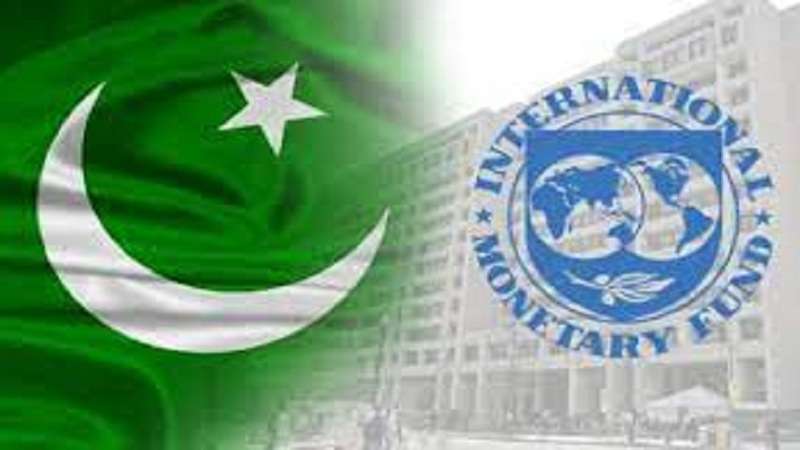Karachi, July 18, 2023 – International Monetary Fund (IMF) issued a warning on Tuesday, stating that Pakistan faces complex and multifaceted economic challenges, with risks that are exceptionally high.
Steadfast Policy Implementation and External Support Needed for Stability
The IMF highlighted the importance of implementing agreed policies and continued financial support from external partners in a country report on Pakistan.
READ MORE: Foreign Direct Investment Plunges by 25% in Pakistan During FY23
The IMF emphasized that consistent and decisive implementation of program agreements is crucial to reduce risks and maintain macroeconomic stability. Pakistan’s economy has been hit hard by significant shocks over the past year, including the severe impact of floods, the commodity shock resulting from the war in Ukraine, and tightening external and domestic financing conditions. These factors, combined with policy backsliding, have exacerbated economic conditions and halted the post-pandemic recovery.
The country has experienced stalled growth, surging inflation, a decline in international reserves to very low levels, and acute fiscal and external pressures. Despite some efforts in the second half of the fiscal year 2022-23, the challenging economic, social, and political environment, along with insufficient external financing, have hindered progress in completing the Extended Fund Facility (EFF), which expired on June 30, 2023.
READ MORE: Pakistan’s Current Account Deficit Narrows Sharply by 85% to $2.56 Billion
To address these challenges and maintain macroeconomic stability, Pakistani authorities have renewed their policy efforts and are seeking support under a new Stand-By Arrangement. The policies under the new program aim to stabilize the economy and rebuild buffers. Key pillars of the program include implementing an appropriate budget for fiscal year 2024 to support necessary fiscal adjustments, returning to a market-determined exchange rate and ensuring proper functioning of the foreign exchange market, implementing tight monetary policy to support disinflation and anchor expectations, and continuing structural efforts to strengthen the energy sector, state-owned enterprise governance, and the banking sector while building climate resilience.
READ MORE: Prices of Essential Items Jump by 29% in Pakistan
Resolving Pakistan’s structural challenges, including long-term balance of payment pressures, will require ongoing adjustments and creditor support beyond the program period. The IMF suggests that a possible successor arrangement could help anchor the policy adjustments needed to restore Pakistan’s medium-term viability and capacity to repay its debts.
READ MORE: Pakistan’s Foreign Exchange Reserves Increase to $9.84 Billion
The Pakistani authorities have requested a 9-month Stand-By Arrangement (SBA) amounting to SDR 2,250 million (equivalent to 111 percent of quota or approximately US$3.0 billion). They believe that the SBA can play a crucial role in rebuilding confidence by providing a framework for policy anchoring and potentially catalyzing support from multilateral and bilateral creditors, which is essential for meeting Pakistan’s significant financing needs in fiscal year 2024, according to the IMF.
